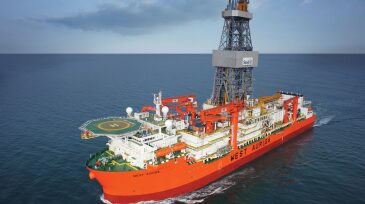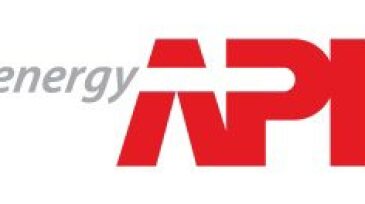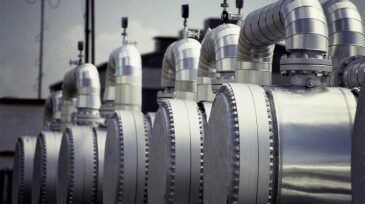Safety
The company said its frequency of serious incidents was down at the end of the year from its levels at the end of 2024.
This paper examines how real-time monitoring can improve both incident prevention and emergency response in the oil and gas industry. Drawing from real-world examples and case studies, it provides practical strategies for implementing this technology effectively.
This paper presents a novel application of artificial intelligence in computer vision for automating blowout-preventer pressure-chart-data extraction, demonstrating significant efficiency gains and a high return on investment.
-
A partnership between ConocoPhillips, Marathon Oil, and XTO Energy has resulted in the opening of a new clinic catering to the safety and health of oil and gas employees in Carlsbad, New Mexico.
-
The oil and gas industry is marking 10 years since a Bond Super Puma helicopter came down 12 miles off the coast of Peterhead, Scotland, killing all 14 passengers and two crew members.
-
A new networked checkpoint tower system has been designed specifically for remote oilfield work sites. The system keeps track of human and vehicle flow, enhancing operational safety and aiding in enforcement of company policies.
-
Natural Resources Minister Siobhan Coady says the government is open to the idea of an independent safety regulator for the province’s offshore oil and gas industry but is not currently working toward implementation.
-
HSE data is ever growing, especially in high-risk industries. So, how can you apply data science and artificial intelligence to help see beyond current practices and gain even greater insights into safety data?
-
The US Occupational Safety and Health Administration, the National Institute for Occupational Safety and Health, the State of North Dakota, and the Bakken Basin Safety Consortium have signed an alliance to protect employees and promote safety and health in the oil and gas industry.
-
Seadrill has announced implementation throughout its fleet of a health program designed for employees before they leave for work on one of the company’s rigs.
-
Recommended Practice 54, "Occupational Safety and Health for Oil and Gas Well Drilling and Servicing Operations," provides procedures for promoting and maintaining safe and healthy working conditions for personnel in drilling and well servicing operations.
-
Workers in specific settings and activities are at increased risk for certain infectious diseases. When an infectious disease case occurs in a worker, investigators need to understand the mechanisms of disease propagation in the workplace.
-
The TRITON/TRISIS/HatMan malware incident proved that the worlds of process safety and industrial control systems should be looked at holistically, not just from the standpoint of potential cyberthreats.













